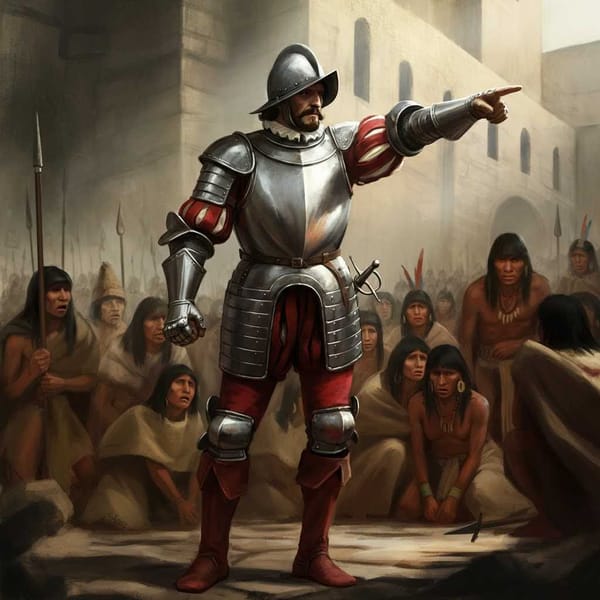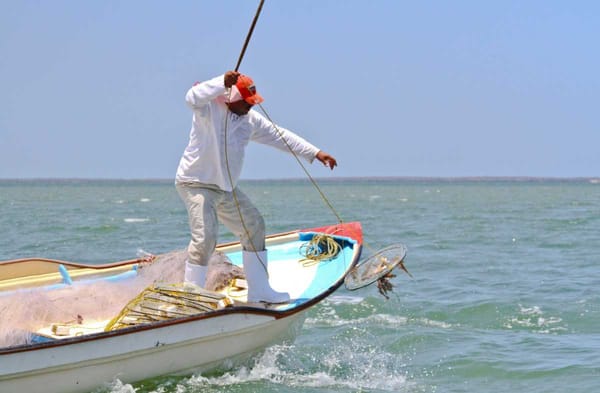Destruction of habitats favors rodents that carry diseases to humans
The proposal is to put an end to fictitious permits, and illegal logging, avoid deforestation, reduce polluting emissions and deal with the problem of waste. Every year in Brazil 17 million animals die; if the current situation continues, by 2050 the world will face a real ecological tragedy.

The loss of large and medium-sized animals has led small species such as rodents to grow in number and size, exposing humans more and more to possible diseases, such as the one that gave rise to the current pandemic, explained Stanford University researcher Rodolfo Dirzo.
During his talk "Post-pandemic Challenges: Loss of fauna and biodiversity", he explained that he is currently conducting a study at the Mpala Research Station reserve in Kenya KLEE, where he is showing the problems generated by the elimination of medium and large mammals in a controlled environment, a phenomenon he calls defaunation.
In the Carlos Chavez Hall of the University Cultural Center, the expert participated in the activities of the Festival of Art and Science El Aleph and said that among his findings it is possible to observe that without larger animals competing for space or food, rodents can increase up to three times their size and quantity, while in the absence of food the former face a "dwarfing" effect (or dwarfing).
In Mexico, Dirzo added, the main problem is the destruction of habitats, since the subsistence of animal and plant fauna depends on them. Deforestation rates in our country are high and are related to fictitious permits, illegal logging, trucks full of tropical trees, and so on.
"For me, the central point, or focus is on maintaining habitats, with land-use change. Avoiding deforestation or fragmentation would allow more carbon capture, fewer carbon emissions, more habitats for animals, and less risk of their exposure or interaction with people," said the scientist.
In Mexico, the species most at risk are deer, jaguars, tapirs, medium-sized, and large animals, because several are competitors or predators.
"Removing them from the field opens the way for the small ones, which are the ones that usually carry more pathogens. It is said that the big ones also carry pathogens, but we will never play with a jaguar, while the risk of running into a rat or rodent, and the fleas they bring, is greater," he said.
Loss of animal fauna
The ecologist recalled that human beings appeared at a time when the planet was experiencing an explosion of plant and animal biodiversity, and although there is interest in their conservation and study, the reality is that if the current situation continues, by 2050 the world will face a true ecological tragedy.
In 1992, when he was a researcher at UNAM's Institute of Ecology, Dirzo proposed the term defaunation to define the loss of different animal species or changes or alterations in their populations.
"I was working in the jungle of Los Tuxtlas (Veracruz) a site that unfortunately is very defaunated and I realized that there were very strange things. For example, in the excess consumption of plants in the jungle, because the animal component of the vertebrates was missing, that's when I realized that something was missing," he said.
This problem is caused by hunting, deforestation, invasive species, and climate change, problems caused directly by mankind; for example, he said that it is estimated that 17 million animals die every year in Brazil.
Dirzo pointed out that this means that people are exposed to animals that carry multiple parasites considered dangerous for them, such as plague, as revealed by the analysis of rodents collected in the Kenyan reserve.
According to the expert, this puts us increasingly at risk because small species are the ones with which we tend to coexist more. For this reason, it is necessary to reduce exposure to these species and take care of protected natural areas and their fauna.
"The diseases are latent, if we do not learn and assimilate this terrible lesson we have had these two and a half years, we are going to fall into another (pandemic). Hopefully not, because finding a cure for this has been very costly in economic terms, in terms of lives, when we could have avoided it with the prevention," he warned.
Rodolfo Dirzo suggested reducing polluting emissions and addressing problems such as waste. According to the specialist, the issue of biodiversity conservation is key to visualizing the connection that humanity has with the risks of pandemics.




